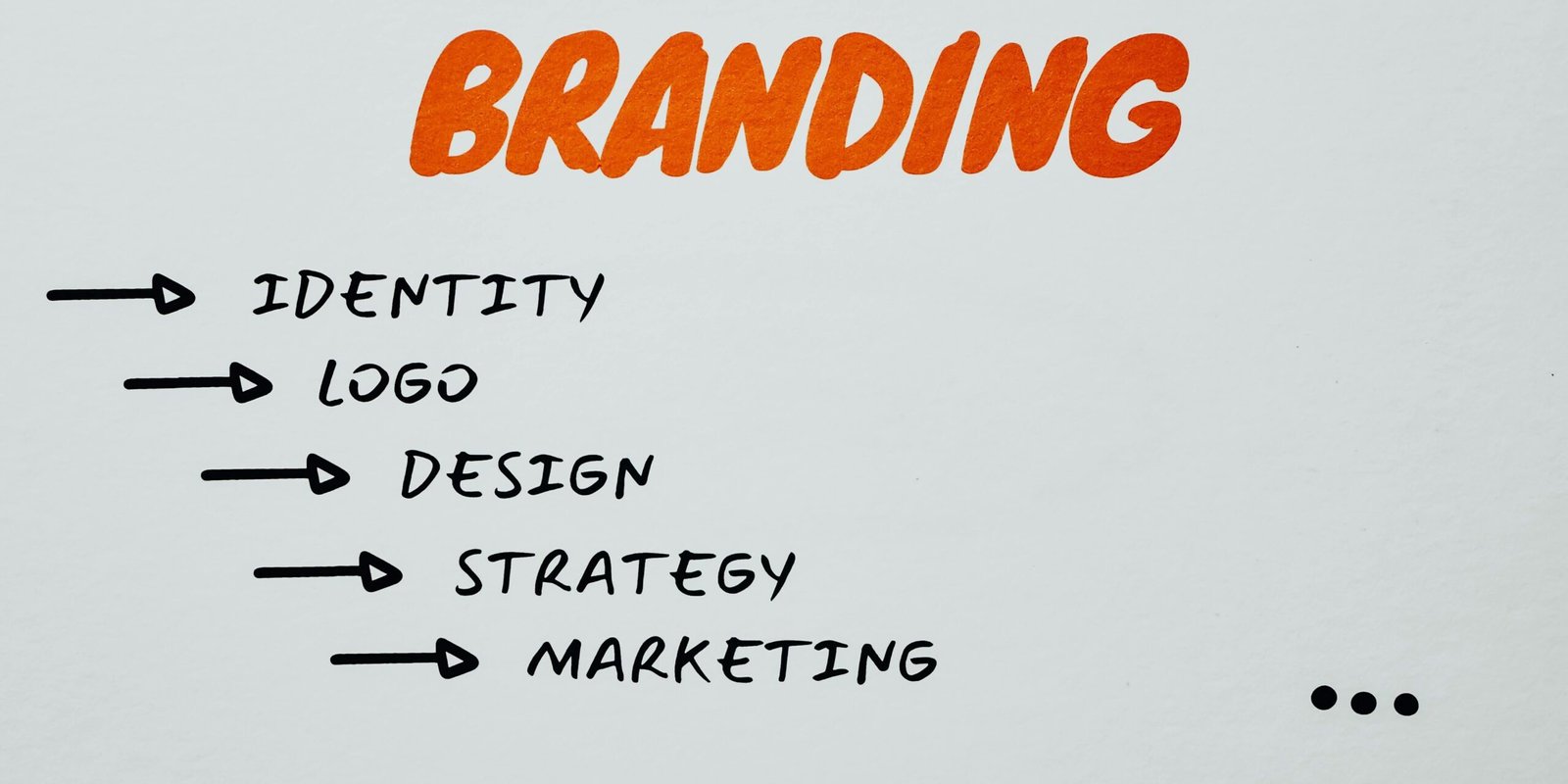What is a Flawed Workplace Investigation?
In any workplace, disputes and conflicts are inevitable. Whether it’s an allegation of harassment, discrimination, or misconduct, employers have a legal and ethical obligation to investigate these claims thoroughly. A workplace investigation is crucial for maintaining a safe and respectful work environment, protecting employees’ rights, and ensuring the integrity of the organization. However, when these investigations are flawed, they can have serious consequences for both employees and employers.
Importance of a Proper Workplace Investigation
Workplace investigations are essential for several reasons. They help to ensure justice and fairness, maintain a safe and respectful workplace environment, and protect the interests of both employees and employers. A properly conducted investigation can prevent future conflicts, protect the organization from legal liability, and promote a culture of accountability and transparency.
Ensuring Justice and Fairness
One of the primary purposes of a workplace investigation is to ensure that all parties involved are treated fairly and that the truth is uncovered. A thorough and impartial investigation allows both the accuser and the accused to present their side of the story and provides an opportunity to gather evidence and witness statements.
Maintaining a Safe and Respectful Workplace Environment
A proper workplace investigation helps to identify and address any issues that may be affecting the workplace environment. Whether it’s harassment, discrimination, bullying, or other forms of misconduct, an investigation can help to root out these problems and prevent them from happening again in the future.
Common Flaws in Workplace Investigations
Unfortunately, not all workplace investigations are conducted properly. There are several common flaws that can undermine the integrity of an investigation and lead to unfair or inaccurate outcomes.
Lack of Impartiality
One of the most common flaws in workplace investigations is a lack of impartiality. If the person conducting the investigation has a bias or a conflict of interest, it can compromise the integrity of the process and lead to an unfair outcome.
Inadequate Evidence Collection
Another common flaw is inadequate evidence collection. Without sufficient evidence, it can be difficult to determine what actually happened and to reach a fair and accurate conclusion.
Failure to Follow Proper Procedures
Failure to follow proper procedures is another common flaw in workplace investigations. If the investigation is not conducted according to established protocols and best practices, it can undermine the integrity of the process and lead to an unfair outcome.
Bias or Conflicts of Interest
Finally, bias or conflicts of interest can also undermine the integrity of a workplace investigation. If the person conducting the investigation has a personal or professional relationship with one of the parties involved, it can compromise their ability to be impartial and objective.
Consequences of a Flawed Workplace Investigation
When a workplace investigation is flawed, it can have serious consequences for both employees and employers.
Damage to Employee Morale and Trust
One of the most significant consequences of a flawed workplace investigation is the damage it can cause to employee morale and trust. If employees feel that the investigation was not conducted fairly or impartially, it can erode their trust in the organization and lead to decreased morale and productivity.
Legal Repercussions
A flawed workplace investigation can also have legal repercussions for the organization. If the investigation is challenged in court, the organization may be found liable for damages, including compensatory and punitive damages, attorney’s fees, and court costs.
Financial Costs for the Organization
In addition to legal repercussions, a flawed workplace investigation can also have significant financial costs for the organization. These can include costs associated with defending against legal claims, as well as costs associated with settlement payments and damage to the organization’s reputation.
Examples of Flawed Workplace Investigations
There have been many high-profile cases in which workplace investigations were found to be flawed, leading to serious consequences for both employees and employers.
Discrimination and Harassment Cases
In one recent case, a company was sued for discrimination and harassment after a flawed investigation failed to uncover evidence of wrongdoing. The company was found liable for damages, including compensatory and punitive damages, and was forced to pay millions of dollars in restitution to the victims.
Wrongful Termination Allegations
In another case, an employee was wrongfully terminated after a flawed investigation failed to uncover evidence that the employee had been falsely accused of misconduct. The employee sued the company for wrongful termination and was awarded a substantial settlement.
How to Avoid Flawed Workplace Investigations
To avoid the pitfalls of a flawed workplace investigation, employers should take proactive steps to ensure that investigations are conducted properly and fairly.
Training for Investigators
First and foremost, employers should provide training for investigators to ensure that they understand the proper procedures for conducting an investigation and are able to do so impartially and objectively.
Establishing Clear Investigation Procedures
Employers should also establish clear investigation procedures that outline the steps to be taken during an investigation, including how evidence will be collected, how witness statements will be gathered, and how decisions will be reached.
Ensuring Impartiality and Fairness
Finally, employers should take steps to ensure that investigations are conducted impartially and fairly, with no bias or conflicts of interest. This may involve appointing an external investigator to conduct the investigation or implementing other measures to ensure impartiality.
Conclusion
In conclusion, a flawed workplace investigation can have serious consequences for both employees and employers. By understanding the common flaws in workplace investigations and taking proactive steps to avoid them, employers can protect the integrity of the investigation process and ensure fair and accurate outcomes.
FAQs
- What is a workplace investigation?
- A workplace investigation is a process conducted by an employer to gather information about a complaint, dispute, or allegation of misconduct in the workplace.
- Why is a proper workplace investigation important?
- A proper workplace investigation is important for ensuring justice and fairness, maintaining a safe and respectful workplace environment, and protecting the interests of both employees and employers.
- What are some common flaws in workplace investigations?
- Some common flaws in workplace investigations include lack of impartiality, inadequate evidence collection, failure to follow proper procedures, and bias or conflicts of interest.
- What are the consequences of a flawed workplace investigation?
- The consequences of a flawed workplace investigation can include damage to employee morale and trust, legal repercussions, and financial costs for the organization.
- How can employers avoid flawed workplace investigations?
Employers can avoid flawed workplace investigations by providing training for investigators, establishing clear investigation procedures, and ensuring impartiality and fairness throughout the investigation process.
- 3,098 views





